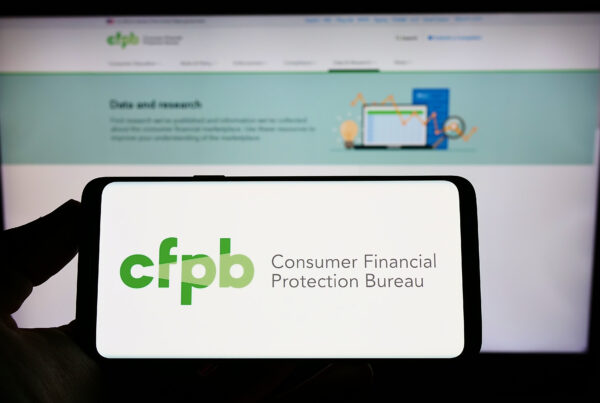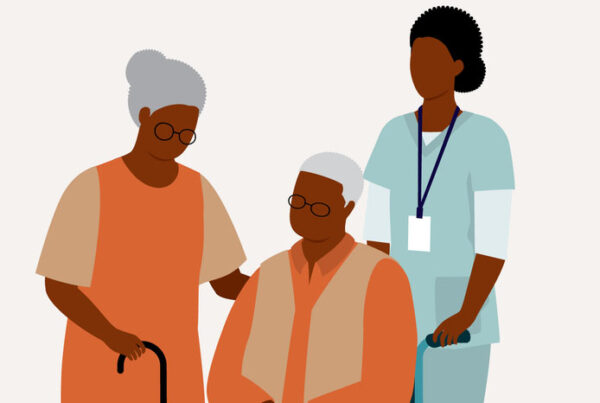On December 3, 2020, OneOp hosted our last webinar of 2020 entitled “Engaging Families in Clinical Services: A Discussion on Engagement in Family Advocacy Settings.” This webinar was the most recent installment within the Sexual Behavior in Children & Youth (SBCY) Series, which has been ongoing since May 2019.
The goals of this webinar focused on factors that impact engagement for families in clinical services. Further, the research of McKay et al. related to caregiver engagement was discussed and applied to the family advocacy setting. This also included identifying the factors, protective and otherwise, that impact engagement in clinical services and discussing professional and caregiver perceptions of clinical services as well the role systems play in these services and their relationship to engagement.
We were joined in this webinar by Amanda Mitten and Dionna Weixel, who work within the Center on Child Abuse and Neglect (CCAN) of the University of Oklahoma Health Sciences Center. Amanda is a Licensed Professional Counselor and Dionna is a Licensed Marriage and Family Therapist, wherein they both provide their expertise in working with children and families affected by problematic sexual behavior and trauma.
Webinar Highlights
We wanted to share some of the highlights from this session that are beneficial for service providers working with children and families.
- This webinar began with a scenario of working with a family who historically disengages from clinical services and does not usually follow clinician recommendations. They then asked the question “how would you react if you were told your child exhibited a problematic sexual behavior or PSB?”
- This was all to set up the impact to understand the impact on caregivers and families when a child exhibits PSB. This includes the impact to clinicians when working with these families and the unique challenges to increase family engagement in services including the challenges of military families.
- Amanda and Dionna discussed community challenges, the personal experience of caregivers and families, and cultural considerations that affect views about children, including treatment.
- They expounded on ways to create safety plans for the families including recommendations for supervision and planning according to age groups of children exhibiting PSB.
- The presenters followed up with a return to the scenario they started at the beginning of the presentation and asked for ways that the audience learned on how to bring a family in that is struggling with the engagement of services.
Archived Viewing and CE Credit Info
If you missed the live event you can watch the archived recording at oneop.org/event/79982/. Free Continuing Education Credits for this event are still available for licensed social workers, professional counselors, case managers, certified family life educators, and family therapists. The CE credits are available through December 2022.













